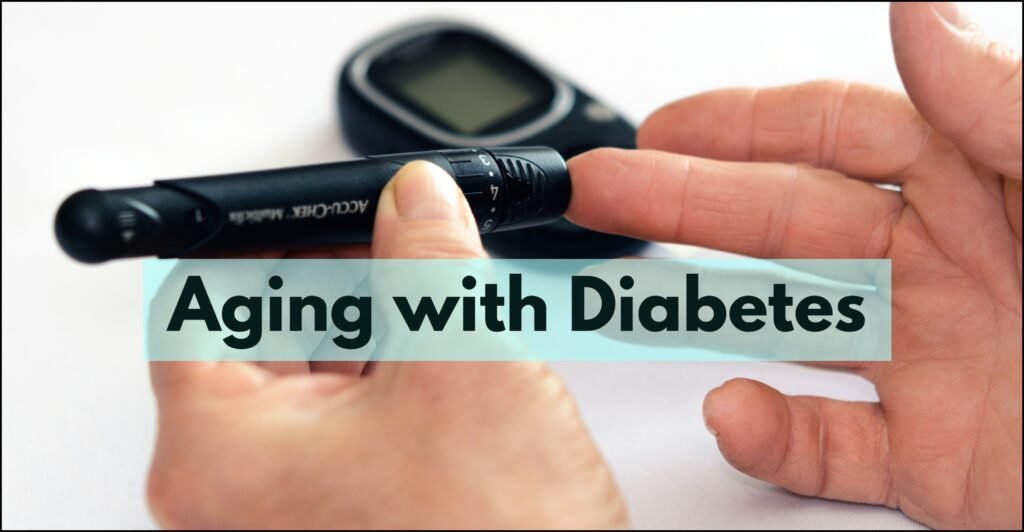A Gene-Editing Breakthrough: First Type 1 Diabetic Produces His Own Insulin Again

For the 9.5 million people worldwide living with type 1 diabetes, daily insulin injections have long been the norm. But an extraordinary breakthrough may change that future. A man with type 1 diabetes has become the first person to produce his own insulin again after receiving transplanted donor cells that were gene-edited with CRISPR technology.
Unlike type 2 diabetes, which is often related to lifestyle factors, type 1 is an autoimmune disorder: the body’s own immune system mistakenly attacks the pancreas’ insulin-producing cells, known as islet cells.
Traditional treatments — beyond constant insulin injections — sometimes involve transplanting donor islet cells. But there’s a catch: the patient must then take strong immune-suppressing drugs to stop their body from attacking the new cells, and those drugs bring serious side effects.
Enter CRISPR — a revolutionary gene-editing method. In this case, scientists from Uppsala University in Sweden and UC San Francisco found a way to “cloak” donor cells so the immune system wouldn’t see them as invaders.
By altering just three points in the genetic code, they changed signals on the cells’ membranes, preventing white blood cells from attacking. And here’s the stunning part: after transplanting these modified cells, the patient’s body began producing insulin again.
While the initial study used only a small dose — meaning he still needs injections — the donor cells have not been rejected and continue generating insulin after 12 weeks. That’s a real proof-of-concept moment, one that could pave the way for more patients to experience insulin independence in the future.
As the researchers put it, this achievement is less about “what’s happening now” and more about “what’s finally possible.” It’s a carefully measured but deeply hopeful leap toward relieving millions from the endless cycle of injections, glucose monitoring, and complications.
A quote from the coverage captures the milestone well:
“The edits halted his own immune system from attacking the cells, leading to production of insulin in the pancreas as if he never had the disease in the first place.”
That’s why this news matters: it’s not just a medical breakthrough, it’s a glimpse at a world where type 1 diabetes might one day be reversed instead of simply managed.
Curious to read all the details of this incredible step forward? Dive into the full story at Good News Network.





